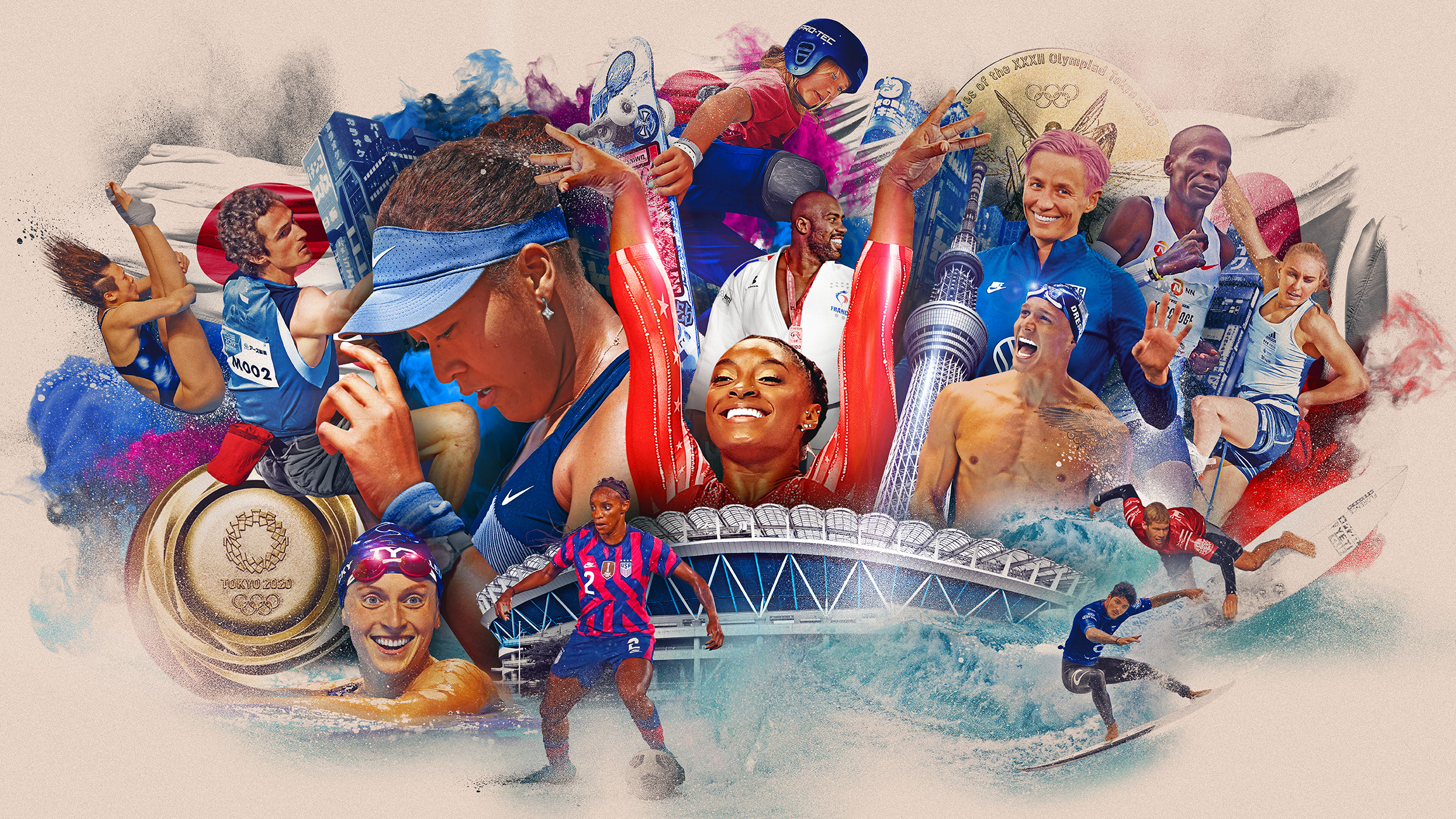The Tokyo Olympics won’t be anything like the Games you’ve watched in the past. Athletes will be competing with no spectators, without even their families to cheer them on, among other restrictions. These strict on-the-ground rules, will be in effect because of the COVID-19 pandemic that just triggered a new state of emergency for Tokyo. But the global event is moving forward, and roughly 11,000 participants are headed to Tokyo for the Games. Such a massive group of elite athletes are sure to bring thrilling competition, gripping rivalries and moments for the record books.
Here are 48 to watch when the Games formally kick off on July 23.
(Click each plus sign to read more.)
Simone Biles
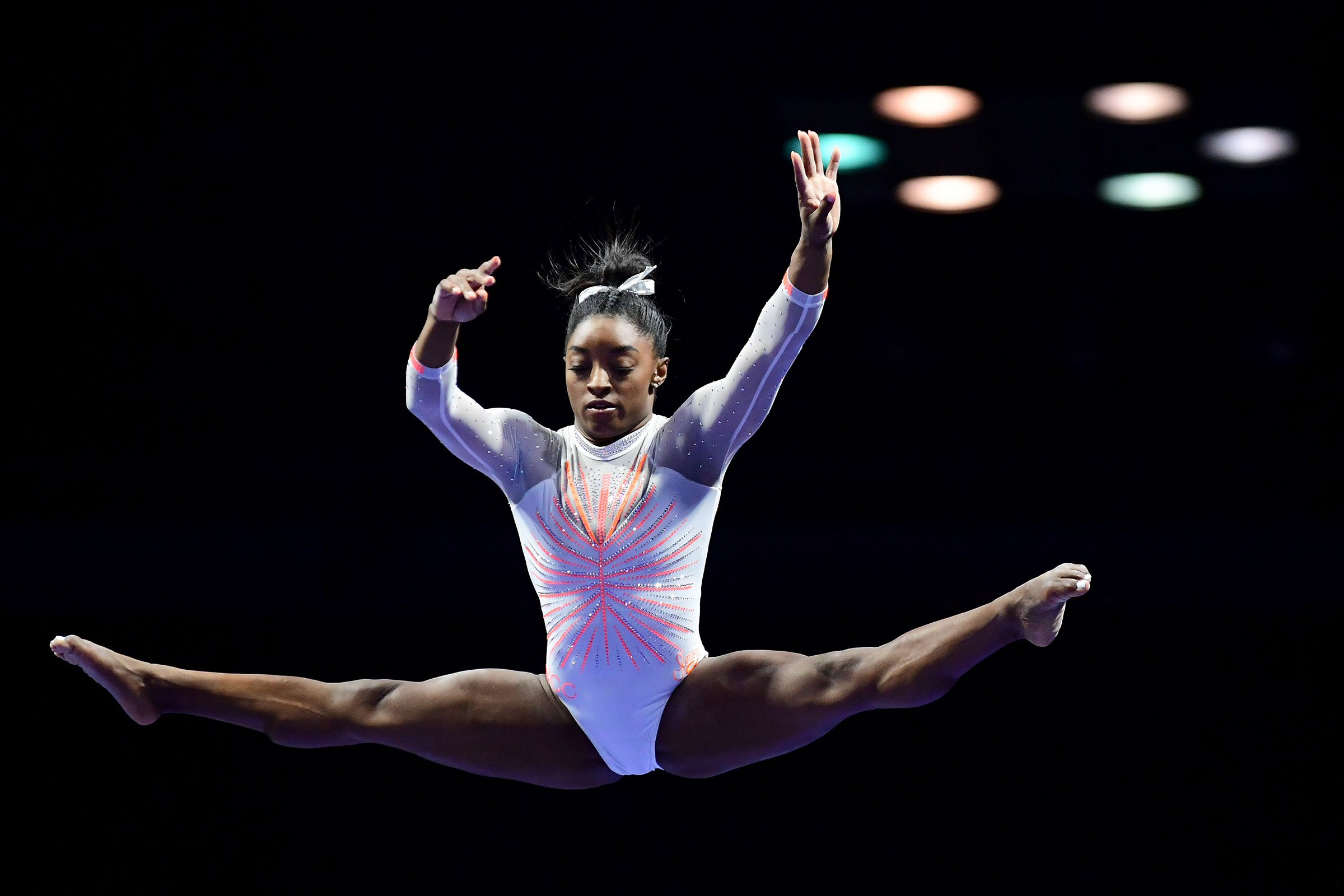
When the greatest gymnast of all time got the notice in March that every aspiring Olympian was dreading—that the Games were postponed by a year—it hit hard.
“I was angry, I was annoyed, I was sad,” says Simone Biles, the reigning Olympic all-around gymnastics champion. “I had to let myself feel all the emotions. I 100% felt like I didn’t plan this—now we have to go back to the drawing board and deal with a lot of variables. But at the end of the day, this is bigger than me. We have to make sure that everybody in the world is safe.” Still, she adds, “it did suck.”
Ariarne Titmus
Swimming, Australia
When Ariarne Titmus swam the second fastest women’s 400-m freestyle in history at the Australian swimming trials in June, observers called it a “warning shot” to U.S. powerhouse Katie Ledecky, who set the world record at the Rio Olympics.
Alex Morgan
Soccer, U.S.
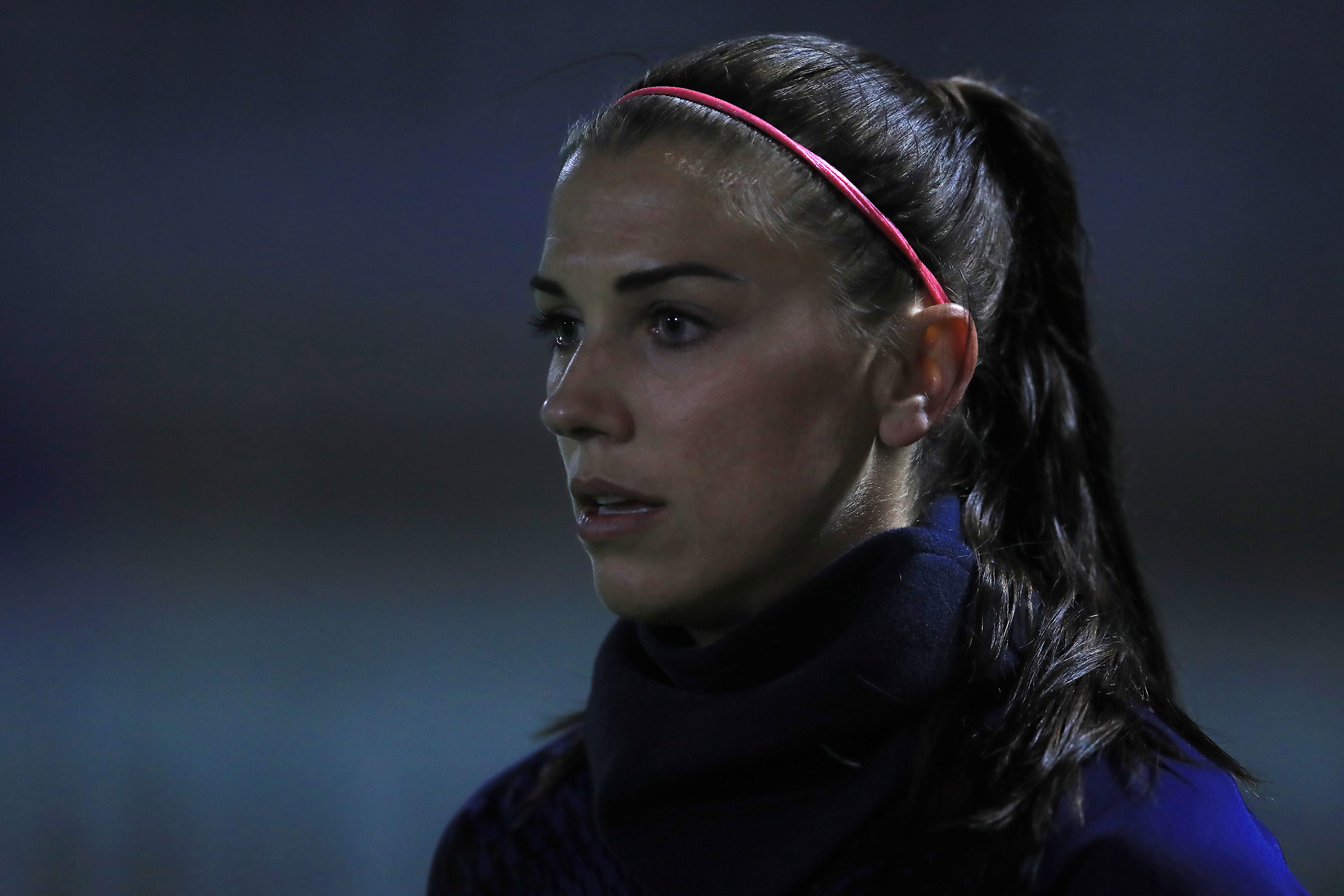
If the U.S. Women’s National Soccer Team has one last goal to accomplish, it’s this: becoming the first women’s team to ever win a World Cup and an Olympics, back to back. Alex Morgan, the fifth leading goal scorer in the team’s history, will be key to preventing another letdown: past U.S. World Cup victories, in 1999 and 2015, were followed by Olympic disappointment.
Caeleb Dressel
Swimming, U.S.
There’s no missing Caeleb Dressel on the pool deck. Blanketing his left arm is a sleeve of ink that captures the qualities that make the 24-year-old Floridian the swimmer to watch in multiple events in Tokyo.
Allyson Felix
Track and Field, U.S.
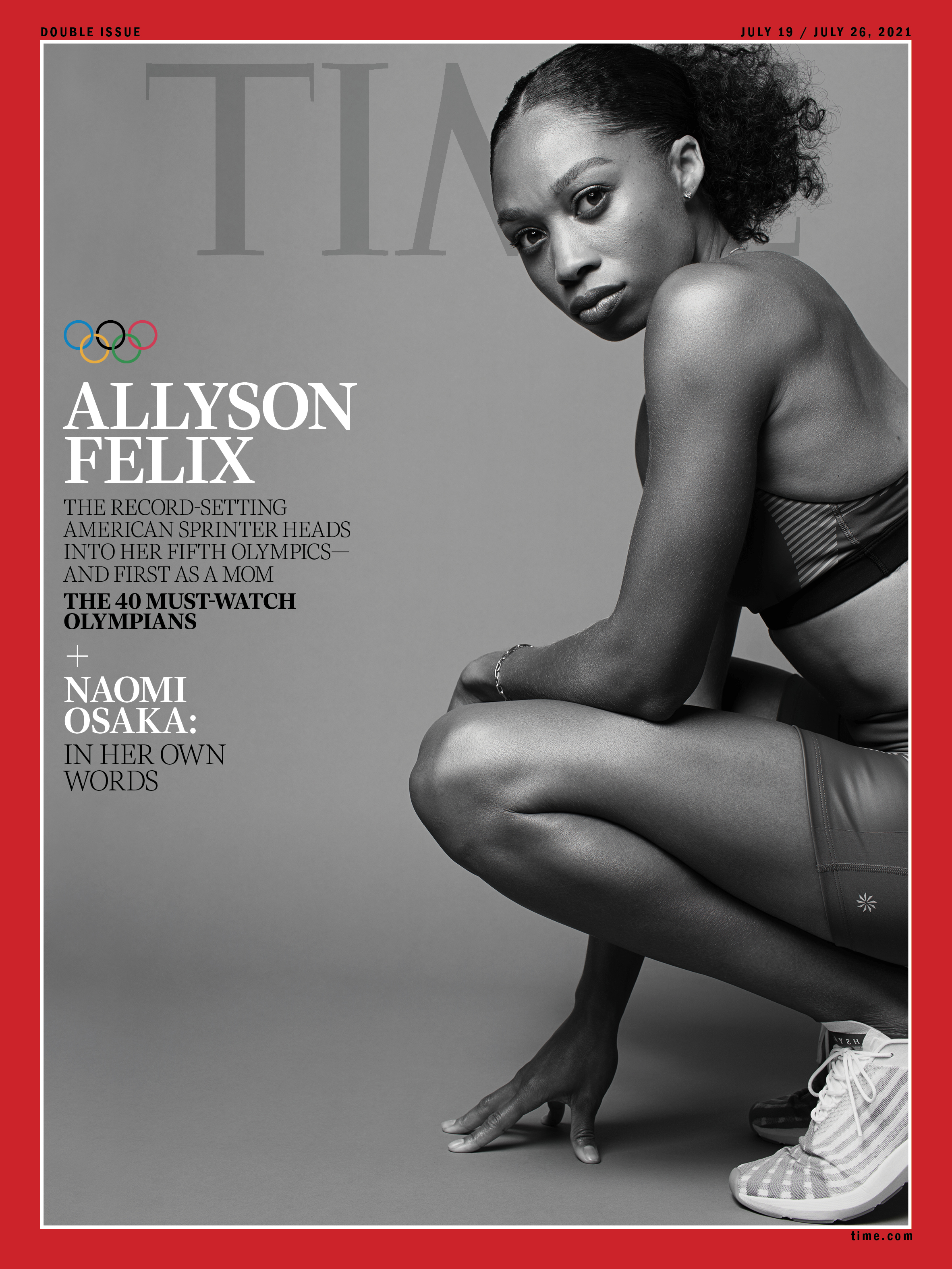
Get a print of TIME’s Tokyo Olympics cover featuring Allyson Felix here
With one more medal in Tokyo, Allyson Felix—who has already won more world-championship gold medals than any other track-and-field athlete ever—will become the most decorated female track-and-field athlete in Olympic history. And now her influence resonates well beyond her records. —Sean Gregory
Read Allyson Felix’s full profile here
Gabriel Medina
Surfing, Brazil
There may be no one better suited to making the sporting masses fall in love with surfing in its Olympic debut than this 27-year-old Brazilian. The world’s top-ranked surfer, Gabriel Medina is known for an exhilarating acrobatic style, frequently soaring above the waves for highly technical maneuvers.
Kevin Durant
Basketball, U.S.
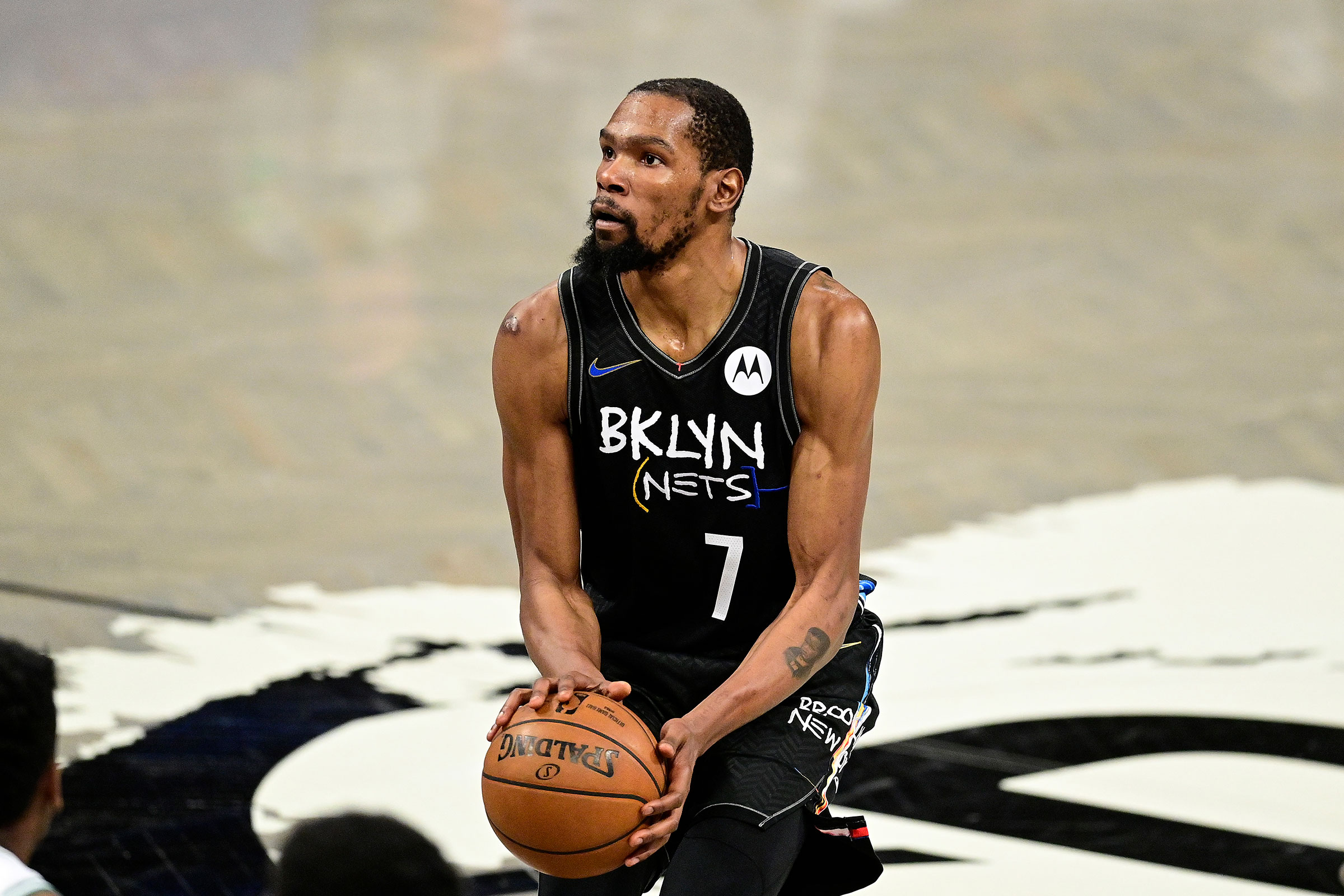
Despite his heroic effort in the second round of this year’s NBA playoffs—he scored 48 points and played all 53 minutes in a Game 7 overtime loss to the Milwaukee Bucks—Kevin Durant couldn’t carry his star-studded Brooklyn Nets to a championship.
But he should still collect some hardware this summer.
Emily Seebohm
Swimming, Australia
The five-time Olympic medalist heads to her fourth Games with a newfound purpose outside the pool. In January, Emily Seebohm, 29, revealed she had battled an eating disorder for two years, saying on social media that bingeing, purging and continually weighing herself resulted in part from pressure she felt that “the only way I can swim faster is by losing weight.”
Hend Zaza
Table Tennis, Syria
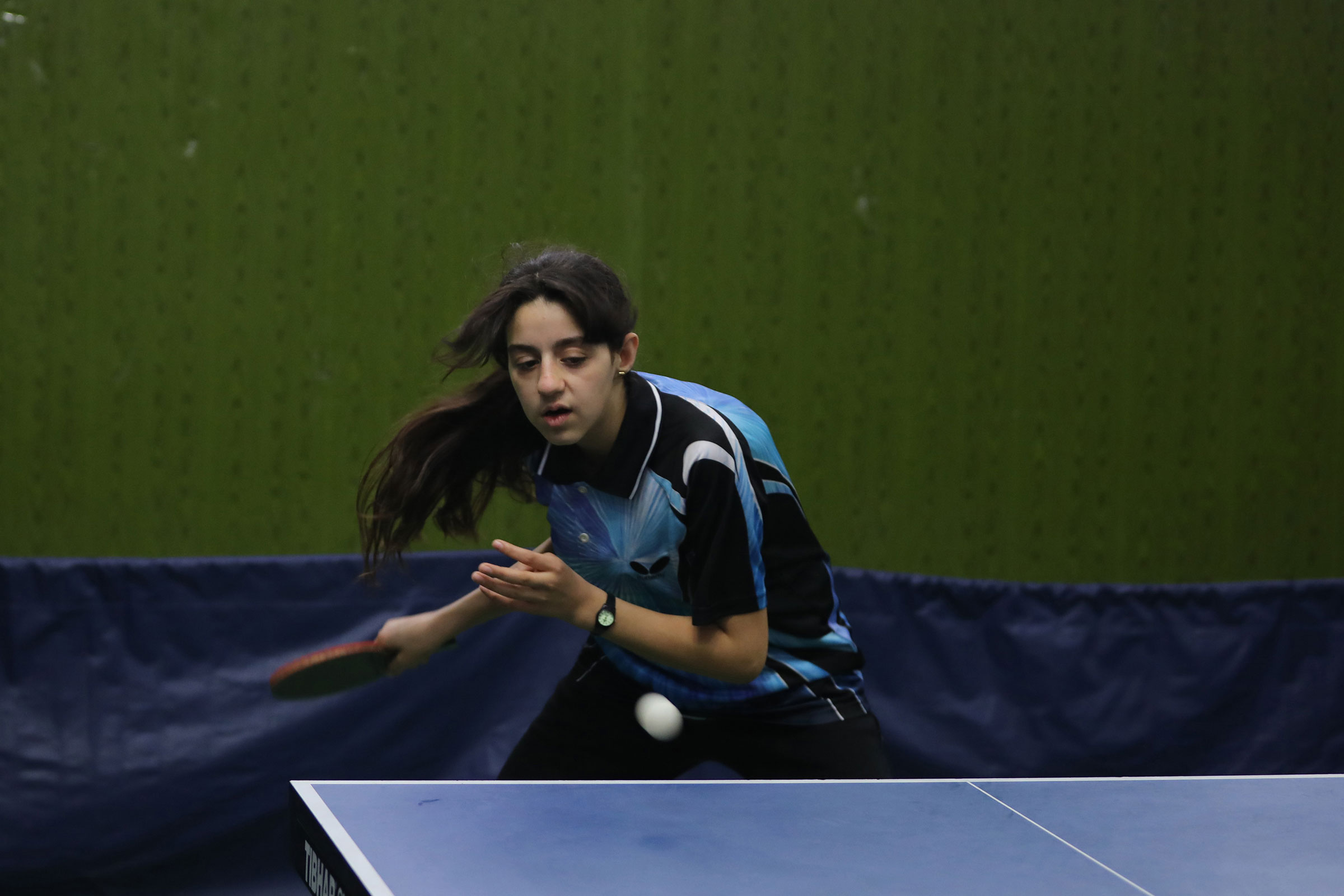
Just 12 years old, Hend Zaza is set to be the youngest athlete to compete in Tokyo—and one of the youngest to ever qualify for the Games—a feat that’s possible because table tennis, unlike some Olympic sports, has no age restrictions.
Hannah Roberts
BMX, U.S.
BMX racing has been a part of the Summer Olympics since 2008, but the sport’s freestyle competition will debut in Tokyo. The current reigning women’s champion in the event, Hannah Roberts is the first woman to land a 360 tailwhip in competition, and won all three World Cup events in 2019 and 2020.
Sue Bird
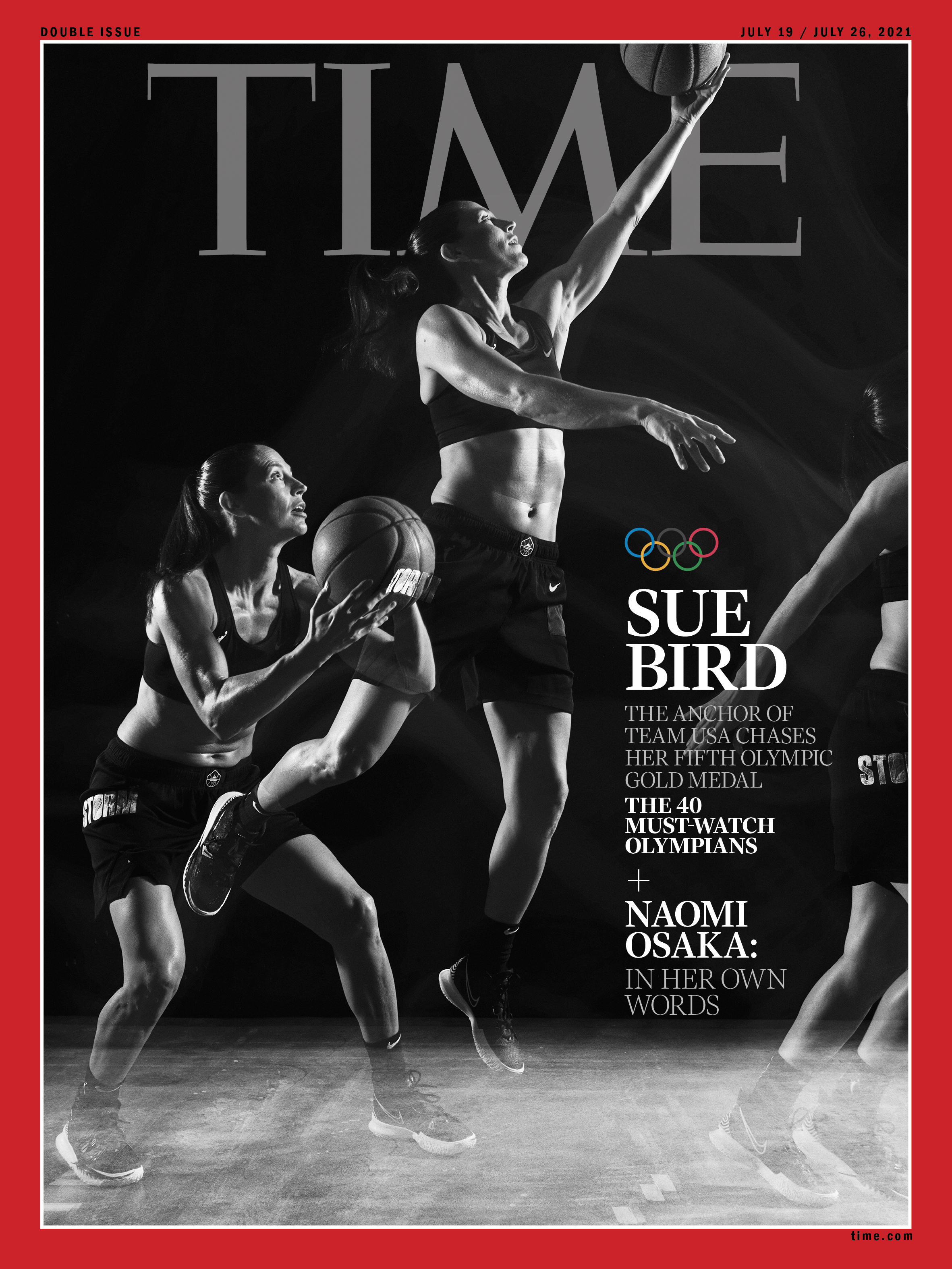
Get a print of TIME’s Tokyo Olympics cover featuring Sue Bird here
Sue Bird, 40, has assumed the role of wizened veteran, both on and off the court. Now the WNBA’s all-time assists leader, Bird will bring her extraordinary floor vision to the Tokyo Olympics, where she and teammate Diana Taurasi hope to become the first basketball players to win five Olympic gold medals. Former teammate Staley is now their coach. —Sean Gregory
Read Sue Bird’s full profile here
Carissa Moore
Surfing, U.S.
These are heady times in competitive surfing. Long considered an outsider’s sport, it requires intense athleticism and highly technical skills that will be on display for the whole world when surfing makes its Olympic debut in Tokyo. Carissa Moore, a native Hawaiian and four-time World Surf League (WSL) champion, is the favorite to take home that first gold.
Gwen Berry
Track and Field, U.S.
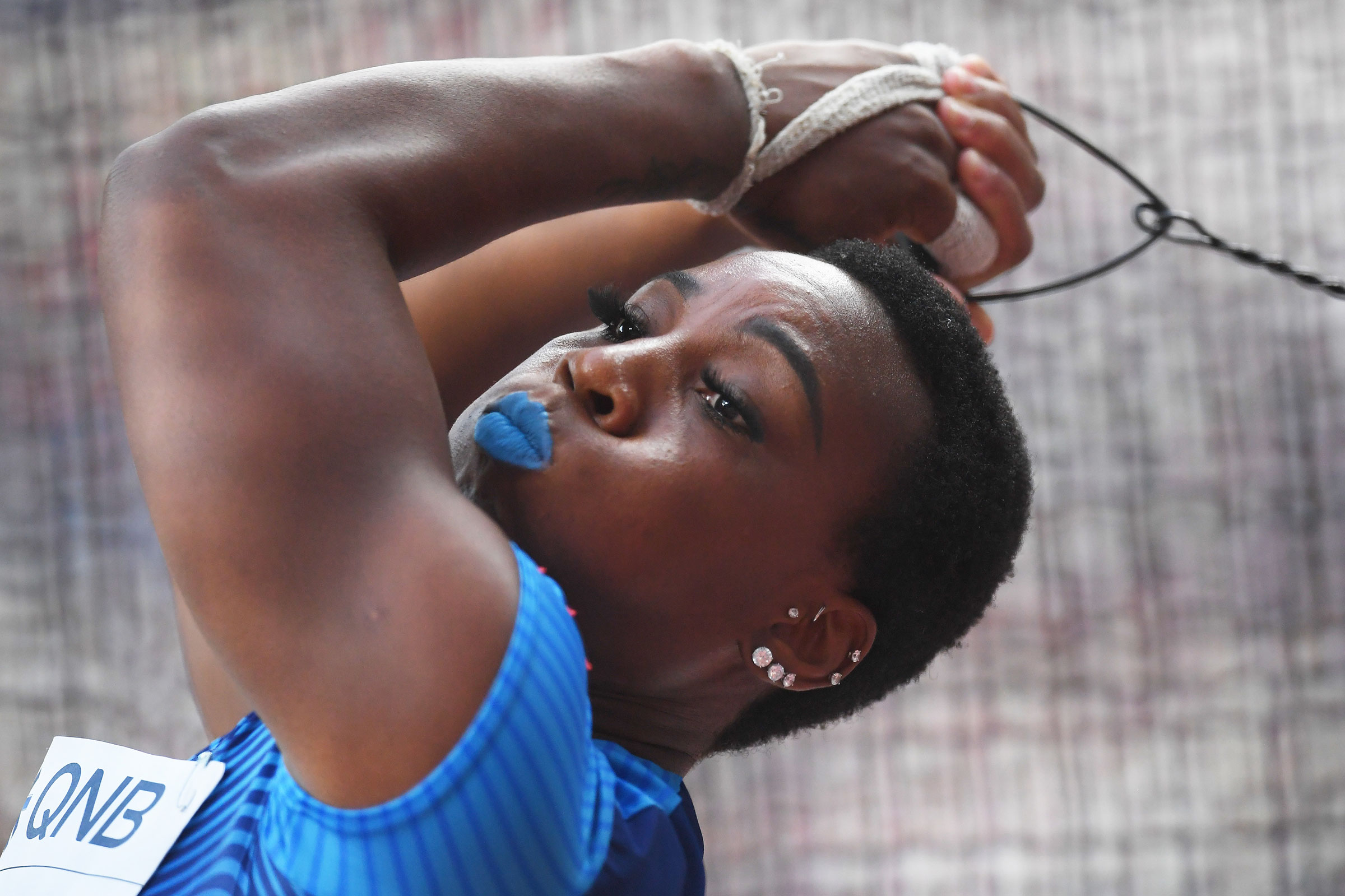
Gwen Berry refuses to shut up and throw the hammer. When Berry raised a fist on the medal podium during “The Star-Spangled Banner’’ at the 2019 Pan Am Games, the U.S. Olympic and Paralympic Committee put her on a 12-month probation. It later apologized, but she’s said she lost sponsors, and 80% of her income, in the aftermath. At the trials on June 26, where she qualified for her second consecutive Olympics, Berry turned away from the U.S. flag during the national anthem.
Janja Garnbret
Sport Climbing, Slovenia
Janja Garnbret grew up scrambling over furniture and up trees and hasn’t stopped since. The 22-year-old is widely recognized as the top woman in climbing and her country’s best hope for a gold medal in Tokyo.
Masahiro Tanaka
Baseball, Japan
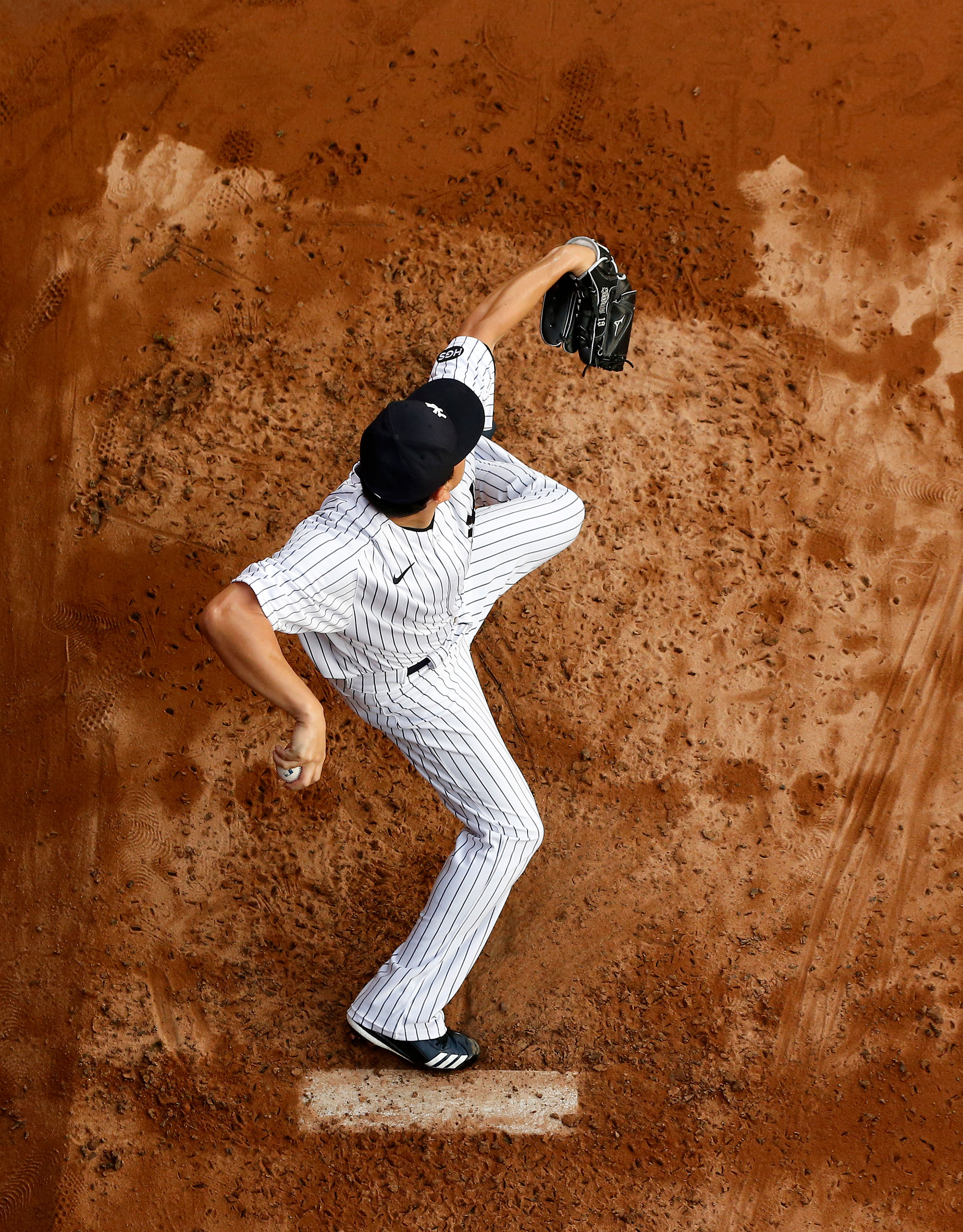
The host country’s baseball dreams may hinge on ace pitcher Masahiro Tanaka, who returned to Japan’s Pacific League this season after a seven-year stint with the New York Yankees. Tanaka will be among the top stars in Tokyo since Major League Baseball would not let active players compete.
Katie Ledecky
Swimming, U.S.
Few swimmers will be busier in the Tokyo pool than Katie Ledecky, who is scheduled to swim four freestyle events, including the 1,500 m, which is new to the women’s Olympic program and, even at Ledecky’s breakneck pace, takes around 15 minutes to complete.
April Ross
Beach Volleyball, U.S.
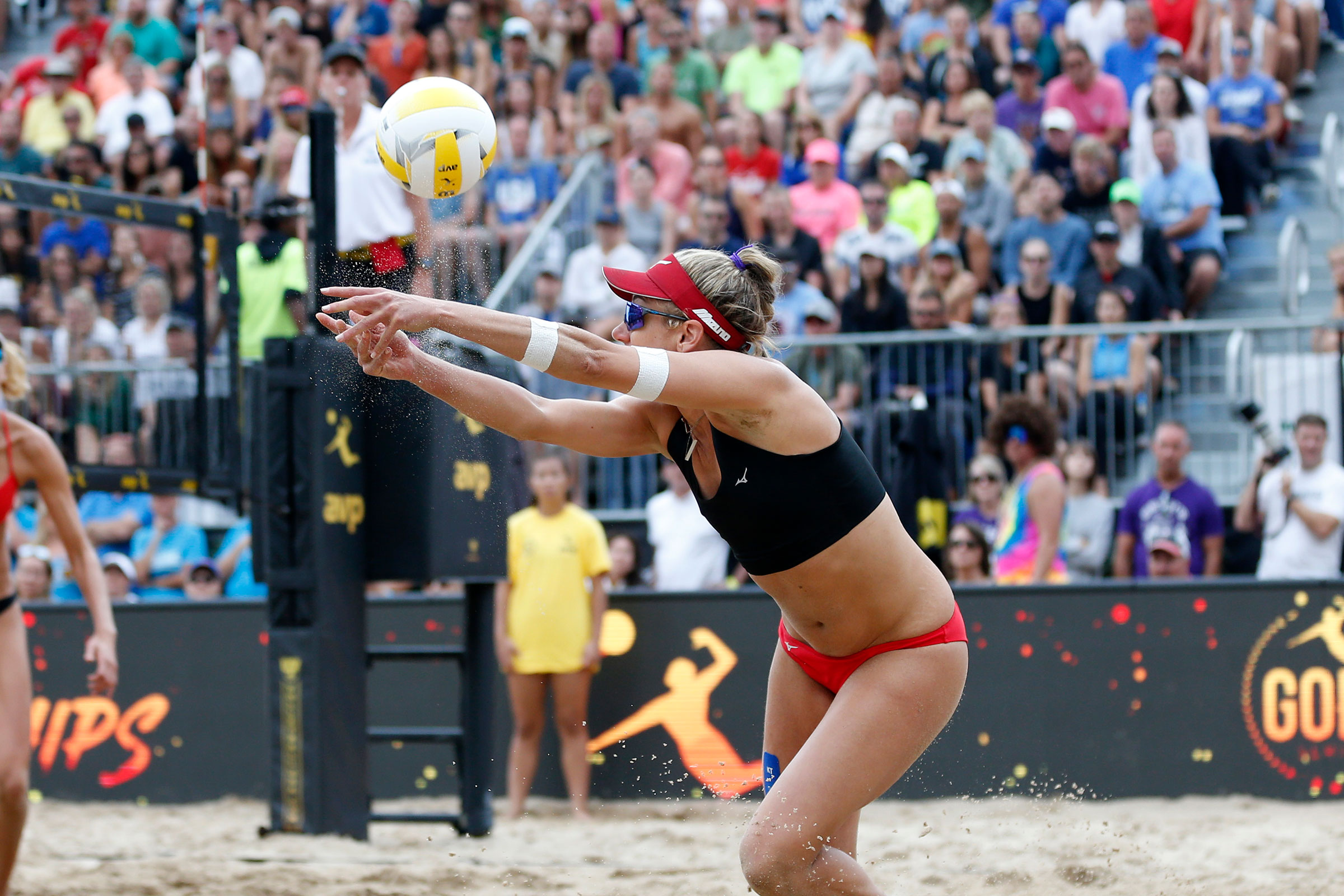
All that’s left for April Ross is gold. Ross won a silver medal at the London Olympics, playing with Jennifer Kessy, and in Rio she won bronze with Kerri Walsh Jennings, the three-time gold medalist.
John John Florence
Surfing, U.S.
During the pandemic, many Olympians struggled to find places to practice their crafts. American surfer John John Florence, who was holed up in his native Hawaii, didn’t have that problem. “Even during the lockdowns and curfews and things like that, the ocean was never closed,” Florence, a two-time world champion, tells TIME. In the lead-up to surfing’s Olympicdebut, Florence has had to cope with injuries: he blew out an ACL in his right knee in 2019, and his left knee required surgery in May. But rehab has gone well, and Florence should be set to surf in Japan, where the waves tend to be less powerful than those in his home state. “When the waves are really small,” he says, “you have to rely on your equipment, your fitness, everything like that in order to create that energy, and create that speed.” —Sean Gregory
Katinka Hosszú
Swimming, Hungary
A veteran racer at 32, Katinka Hosszu holds the world records in the 200-m and 400-m individual medley events, which require swimmers to master all four strokes—butterfly, backstroke, breaststroke and freestyle—and dominated her competition in those events at the 2019 world championships.
Andre De Grasse
Track and Field, Canada
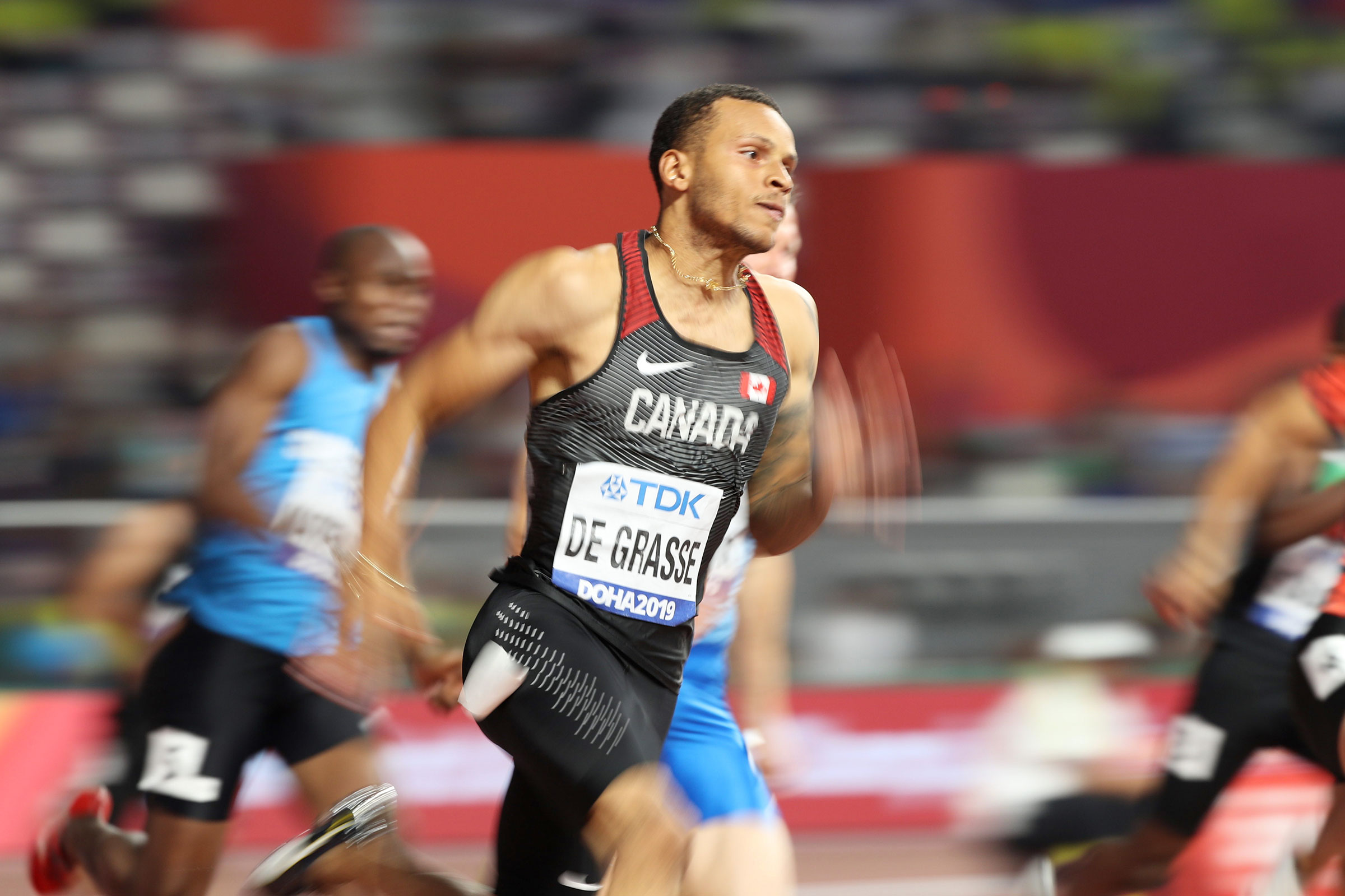
He’s the last man standing. With Usain Bolt retired and other once elite sprinters failing to qualify, Andre De Grasse, 26, will be the only 100-m and 200-m men’s medalist from the Rio Games to race in Tokyo.
Kevin Sanjaya Sukamuljo
Badminton, Indonesia
Badminton is the only sport in which Indonesia has won an Olympic gold, and the game is as popular there as soccer or basketball is in other parts of the world. Kevin Sanjaya Sukamuljo, the world’s top-ranked doubles player with his partner, Marcus Fernaldi Gideon, is the latest star to carry the hopes of his badminton-mad nation.
Kristof Milak
Swimming, Hungary
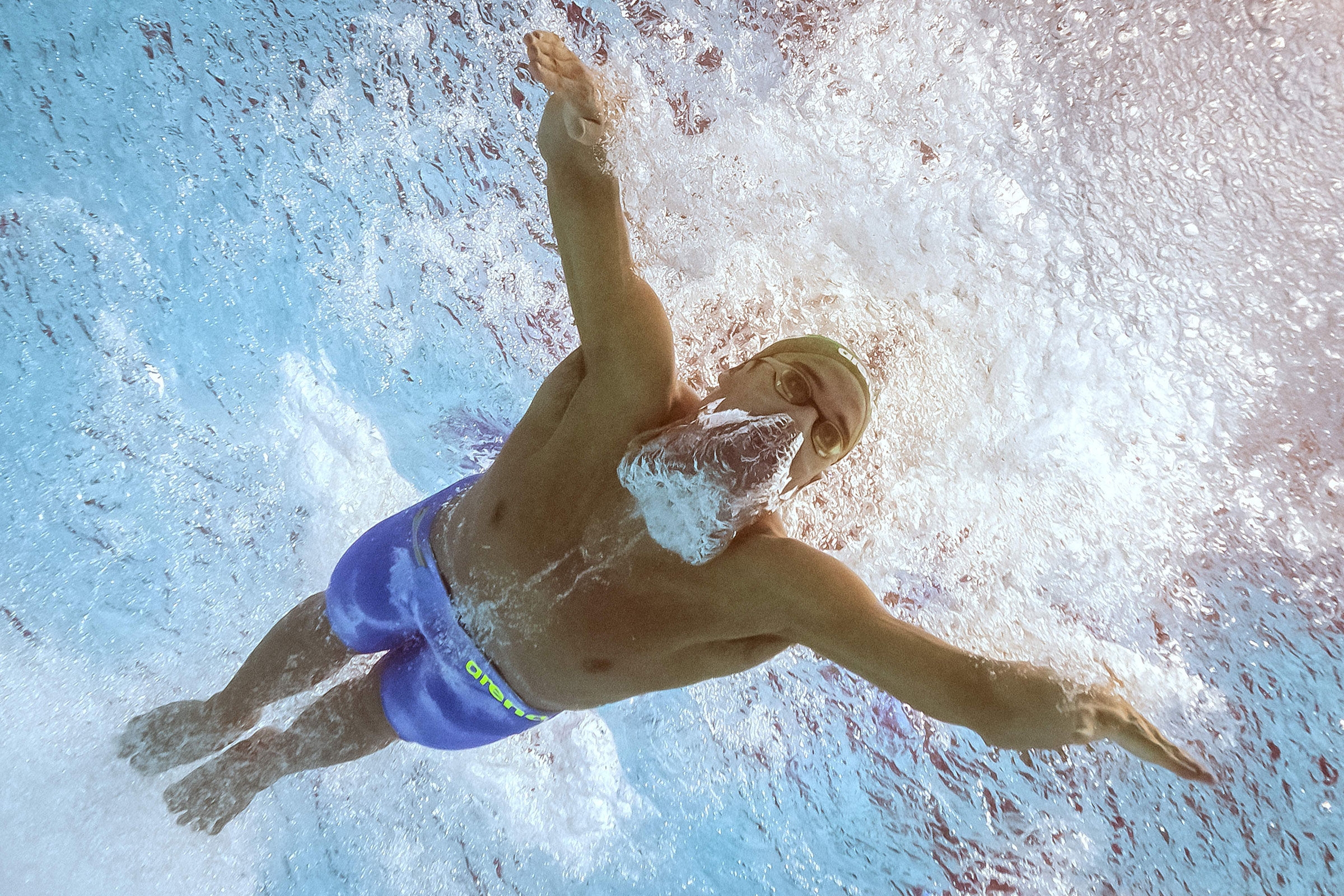
Kristof Milak broke Michael Phelps’ 200-m butterfly world record at the 2019 world championships, making the 21-year-old from Hungary the man to beat in that event in Tokyo.
Lisa Carrington
Canoeing, New Zealand
Lisa Carrington is so dominant in sprint kayaking that she draws comparisons to Simone Biles. She has won gold in two successive Games (her 2012 win was the first for a Maori) and hasn’t lost in the 200-m sprint in more than a decade.
Laurel Hubbard
Weight Lifting, New Zealand
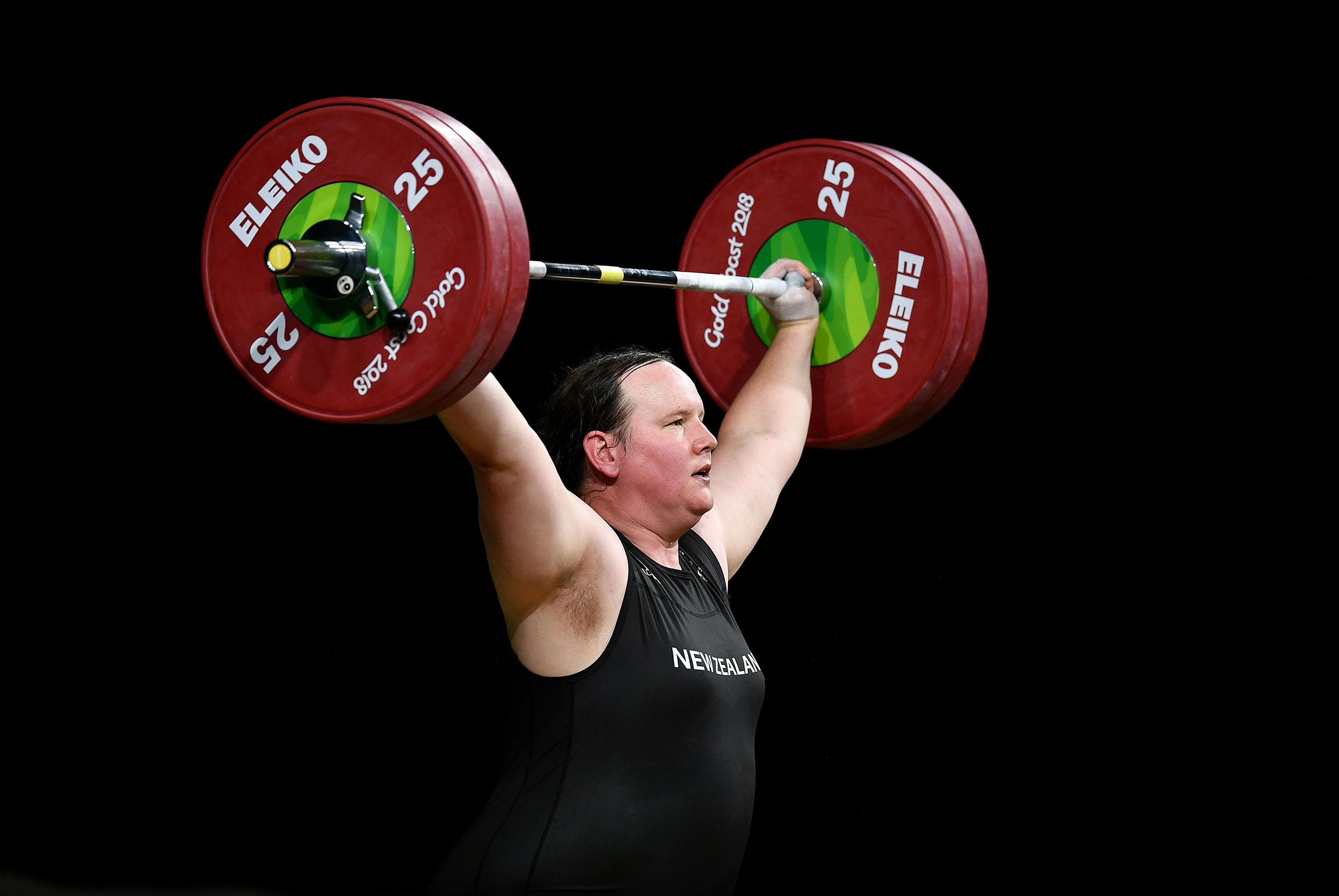
Laurel Hubbard is set to make history in Tokyo. The 43-year-old weight lifter, who will compete for New Zealand in the women’s over-87-kg category, will be the first openly transgender athlete in the modern Olympics—a milestone that has thrust the private athlete into a spotlight she did not seek.
Maria Lasitskene
Track and Field, Russian Olympic Committee
Having dominated high jumping for years—winning gold at the 2015, 2017 and 2019 world championships—Maria Lasitskene, 28, is vying for her first Olympic gold in Tokyo.
Helen Glover
Rowing, Britain
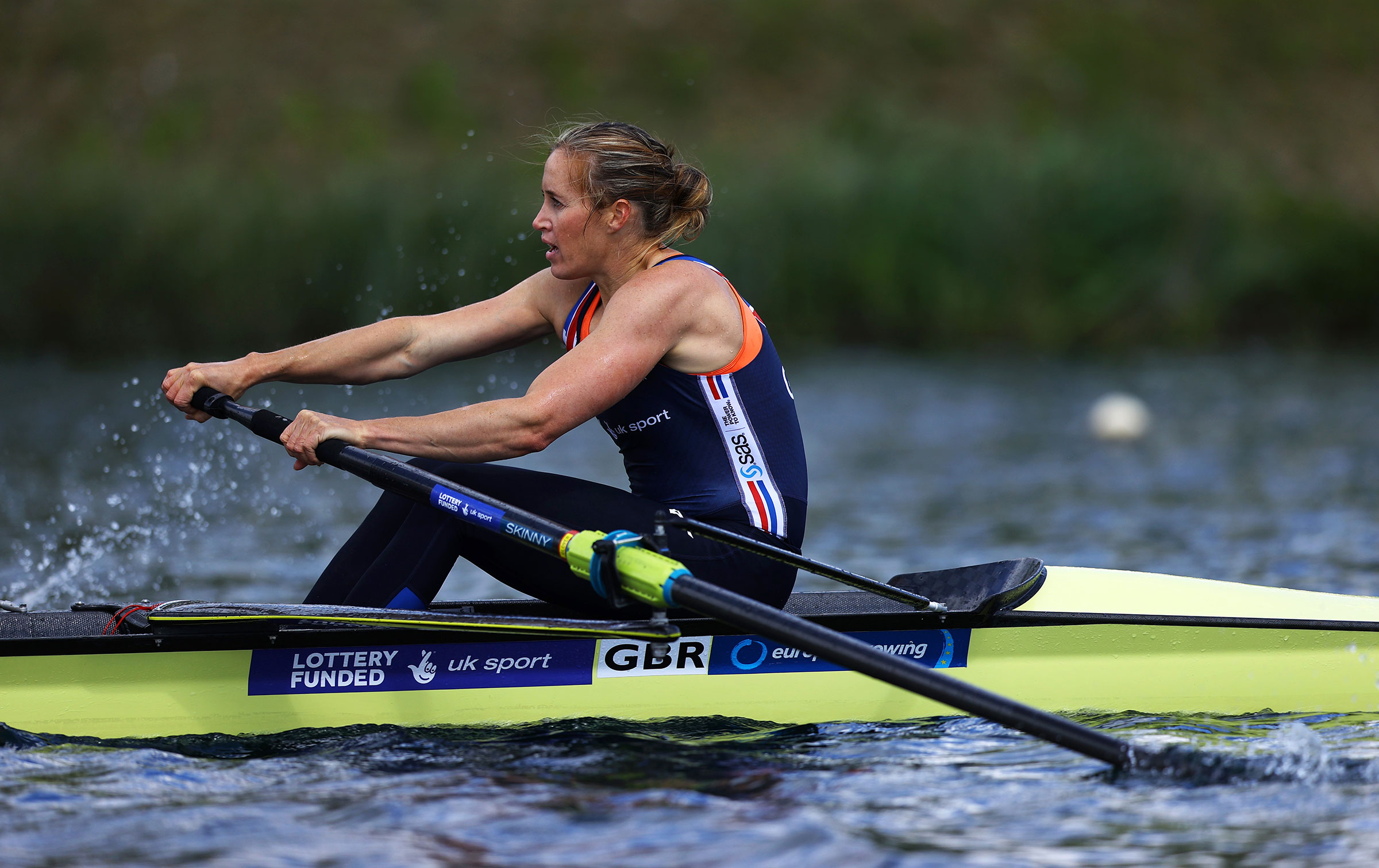
Had the Olympics happened in 2020 as planned, Helen Glover would not have been there. Her twins were born in January of that year, and the idea of adding a third gold medal to the ones she won in London 2012 and Rio 2016 seemed impossible. One of the most decorated athletes in the history of women’s rowing assumed she’d be watching the Tokyo Games on TV.
Nikita Nagornyy
Gymnastics, Russian Olympic Committee
While the Japanese and Chinese men have dominated gymnastics in recent Olympic cycles, Nikita Nagornyy is at the fore of a resurgent Russia eager to reclaim bragging rights.
Saurabh Chaudhary
Shooting, India
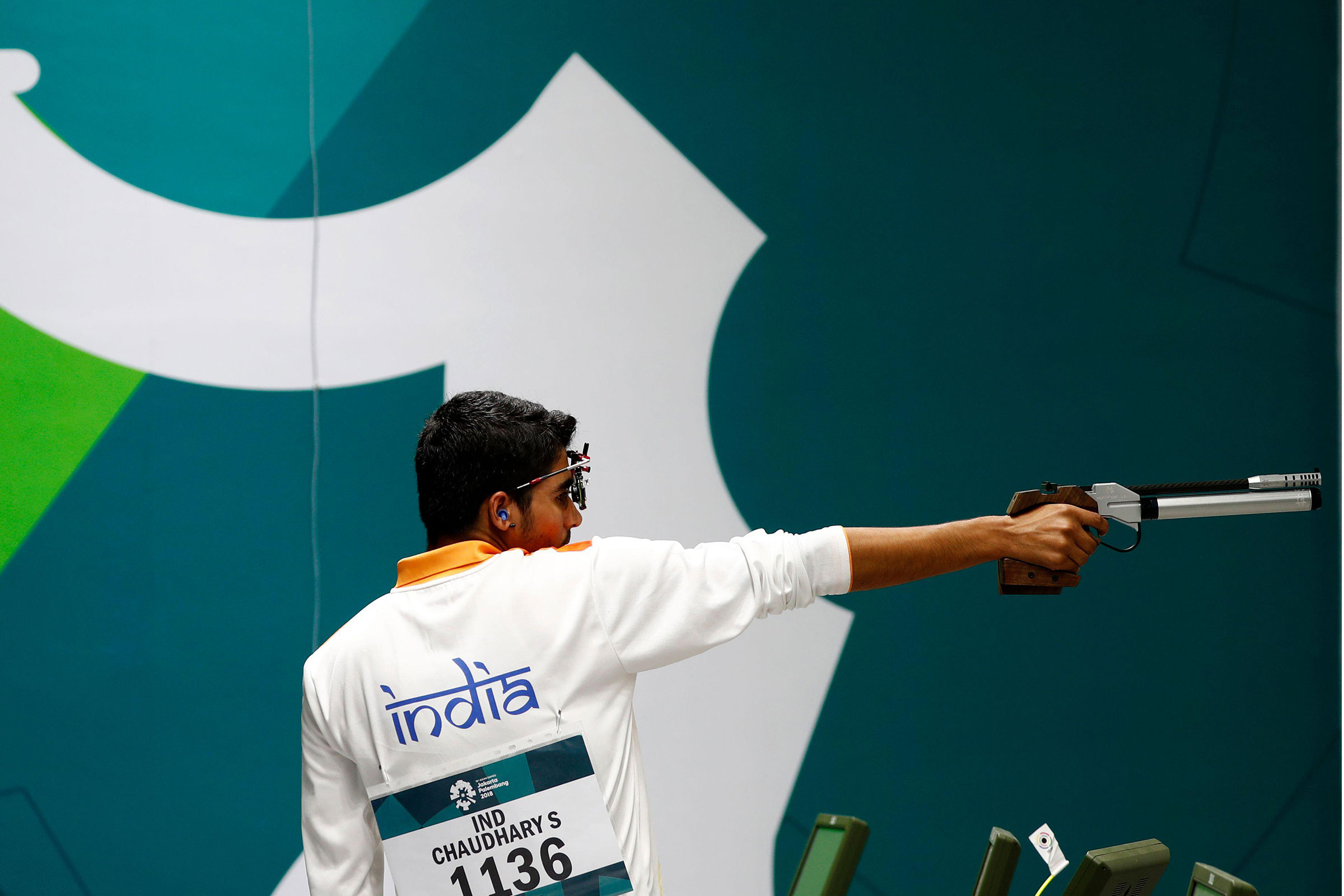
Marksman Saurabh Chaudhary, 19, is one of India’s best shots at gold in Tokyo. Having only taken up shooting in 2015, he has accumulated an impressive haul of medals: 14 gold and six silver in international competitions. In 2018, he became India’s youngest gold medalist at the Asian Games.
Noah Lyles
Track and Field, U.S.
Noah Lyles has run the four fastest 200-m times in the world since 2016, but you wouldn’t have known it at the start of the Olympic trials in June. After the 23-year-old from Florida failed to win his heat or the semifinals, some wondered about his form—and whether the hype that he could be the next Usain Bolt was overblown.
Eliud Kipchoge
Marathon, Kenya
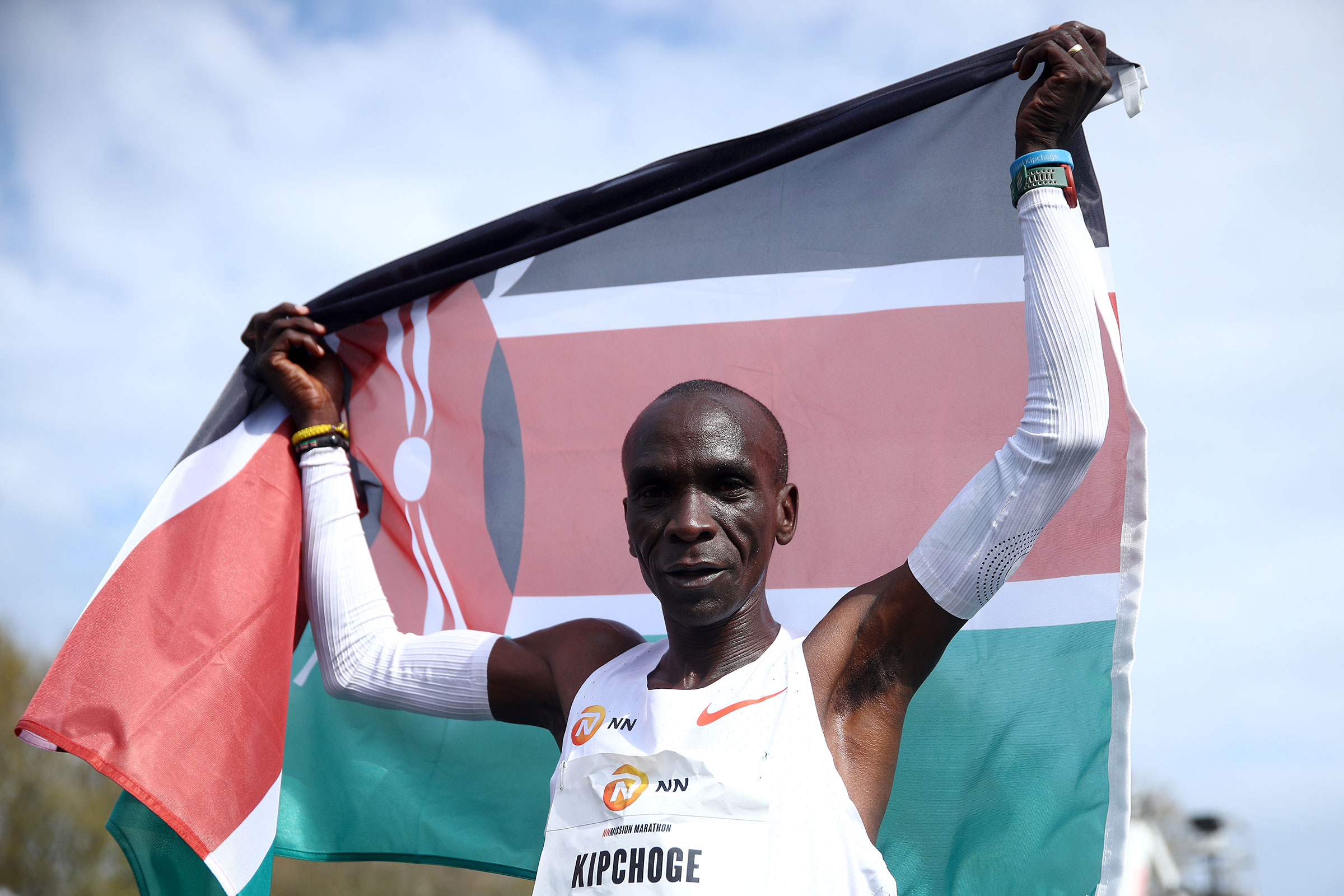
“Personally, I don’t believe in limits,” Eliud Kipchoge, the Kenyan marathoner, once said. As the only person in history to run the marathon’s 26.2 miles in under two hours, why should he?
Shaunae Miller-Uibo
Track and Field, Bahamas
Shaunae Miller-Uibo is the defending Olympic champion in the 400 m, winning gold in Rio in controversial fashion by diving across the finish line to edge out Allyson Felix. The dramatic moment became something of a Rorschach test: Did Miller-Uibo violate unwritten codes of sportsmanship or simply do whatever it took to win legally?
Sky Brown
Skateboarding, Britain
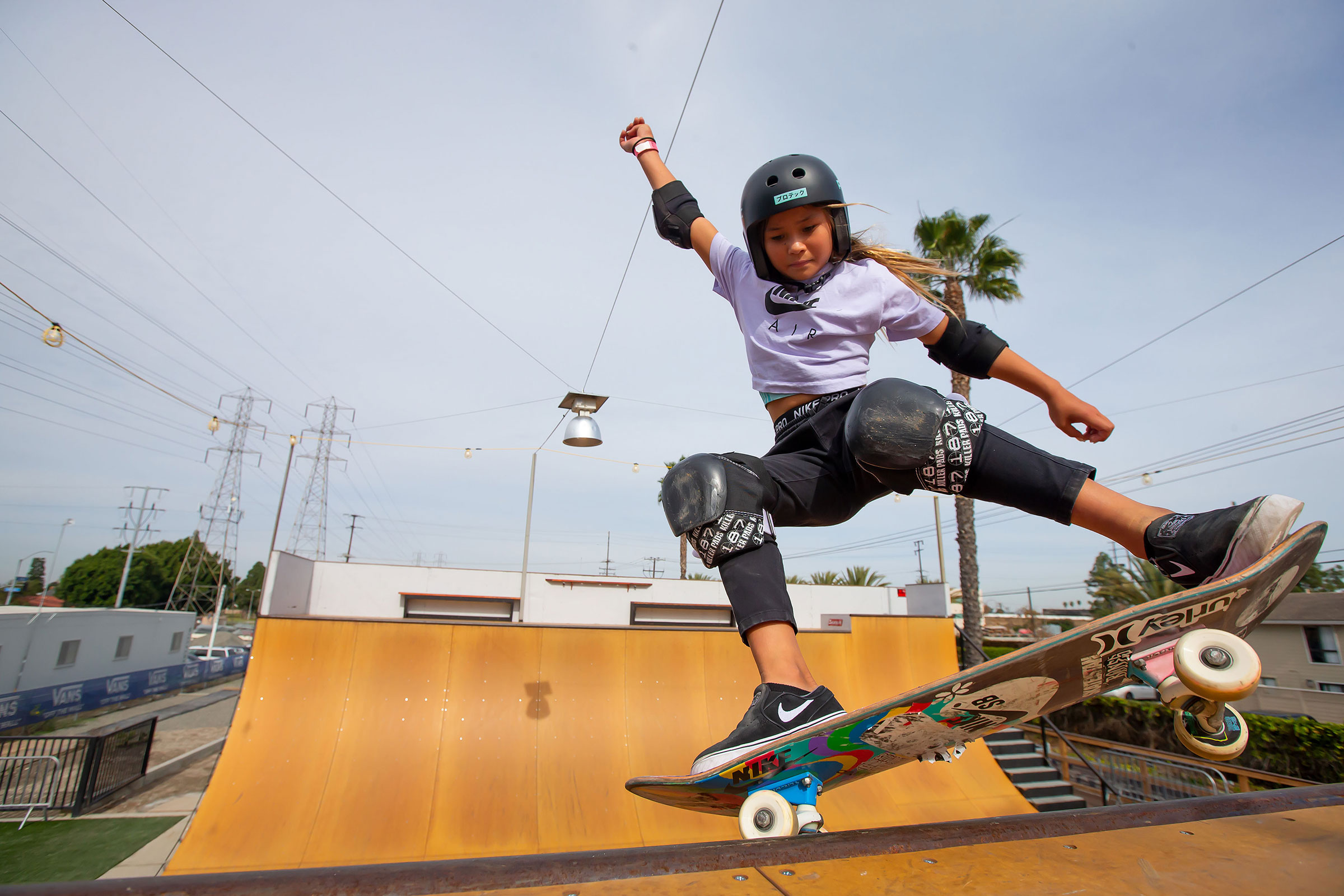
Sky Brown has already earned a Nike contract, appeared on Dancing With the Stars: Juniors, recorded a pop song and has a Barbie doll in her likeness—and she only turned 13 on July 7. Brown, whose father is from the U.K. and whose mother is from Japan, will compete for Team Britain in park skateboarding in Tokyo, thanks to a precocious arsenal of moves including a 720—two full rotations in the air.
Yuto Horigome
Skateboarding, Japan
Yuto Horigome wrote in his elementary-school yearbook that his dream was “to become the best skateboarder in the world.” The Tokyo native picked up skateboarding at the age of 6 by accompanying his father to skate parks. Now 22 and ranked second in the world for men’s street skating, he could achieve that goal in spectacular fashion when the sport makes its Olympic debut in his home country.
Saeid Mollaei
Judo, Mongolia
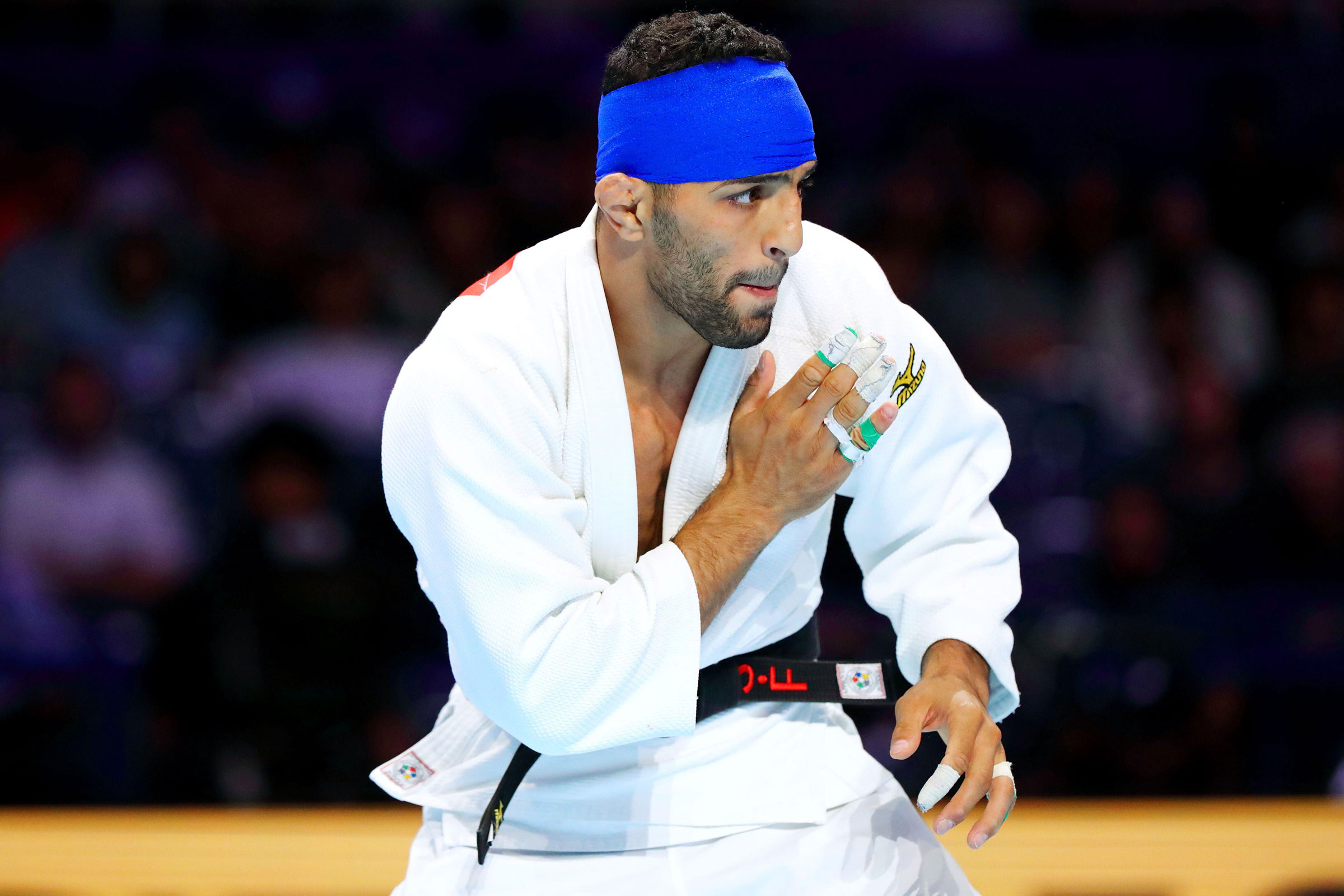
Saeid Mollaei returns to Tokyo determined to banish painful memories. In 2019, the Iranian-born Judoka was ordered by Tehran officials to throw his World Judo Championships semi-final in the Japanese capital to avoid having to compete in the final against an opponent from Israel, which Iran doesn’t recognize as a state.
Race Imboden
Fencing, U.S.
After Race Imboden took a knee on the medal stand at the 2019 Pan American Games in Peru—citing racism, gun violence, mistreatment of immigrants and President Trump’s rhetoric as reasons for his protest—the United States Olympic and Paralympic Committee (USOPC) put him on a 12-month probation, a move he called a “cowardly flex.”
Lilly King
Swimming, U.S.
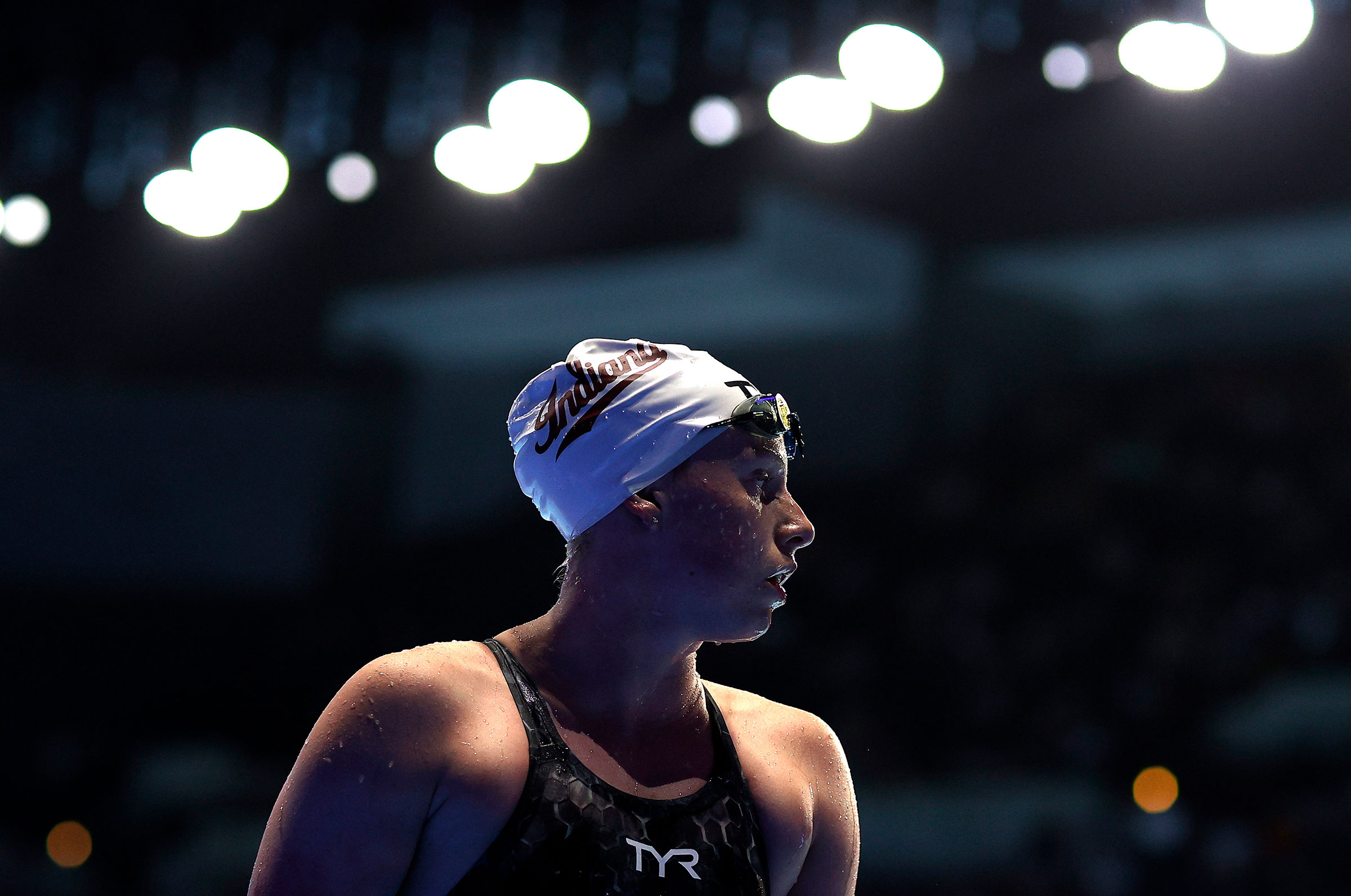
Lilly King took home two gold medals in Rio, but it was her rivalry with Russian swimmer Yuliya Yefimova, who failed a drug test prior to the 2016 competition, that really captivated viewers; King ultimately bested her in the 100-m breastroke final after a viral finger wag, and they remain notably unfriendly.
Shelly-Ann Fraser-Pryce
Track and Field, Jamaica
Until further notice, 34-year-old Shelly-Ann Fraser-Pryce is the fastest woman alive. On June 5, the two-time Olympic gold medalist in the 100 m ran the second quickest time in history, 10.63 sec.
Brooke Raboutou
Sport Climbing, U.S.
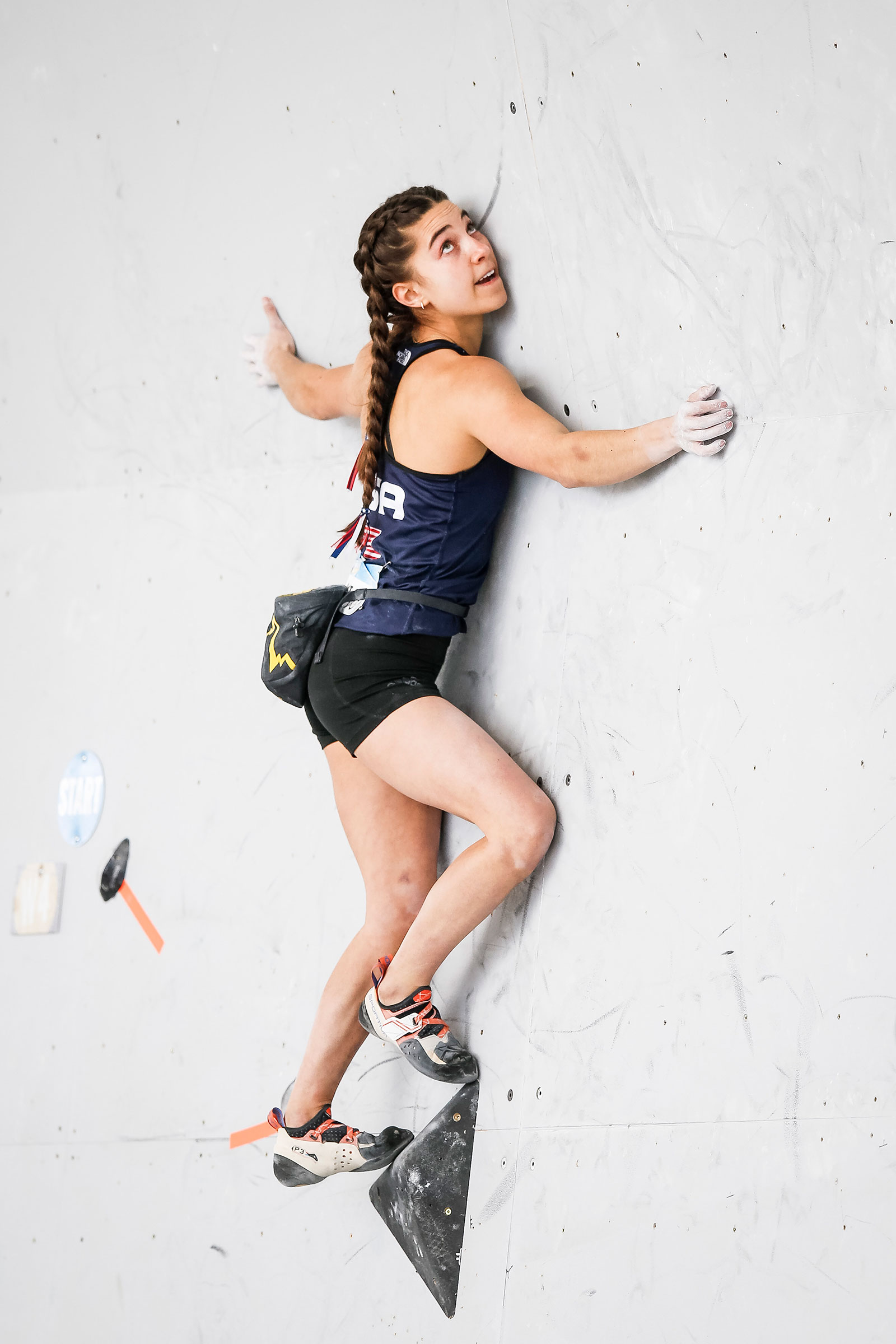
Technically, Brooke Raboutou is a college student, majoring in marketing at the University of San Diego. But this summer, the 20-year-old has medals on her mind.
Sydney McLaughlin
Track and Field, U.S.
The future of U.S. track and field should arrive in Tokyo. In Rio, Sydney McLaughlin, then 16, became the youngest U.S. track-and-field athlete to qualify for the Olympics since 1980.
Shi Tingmao
Diving, China
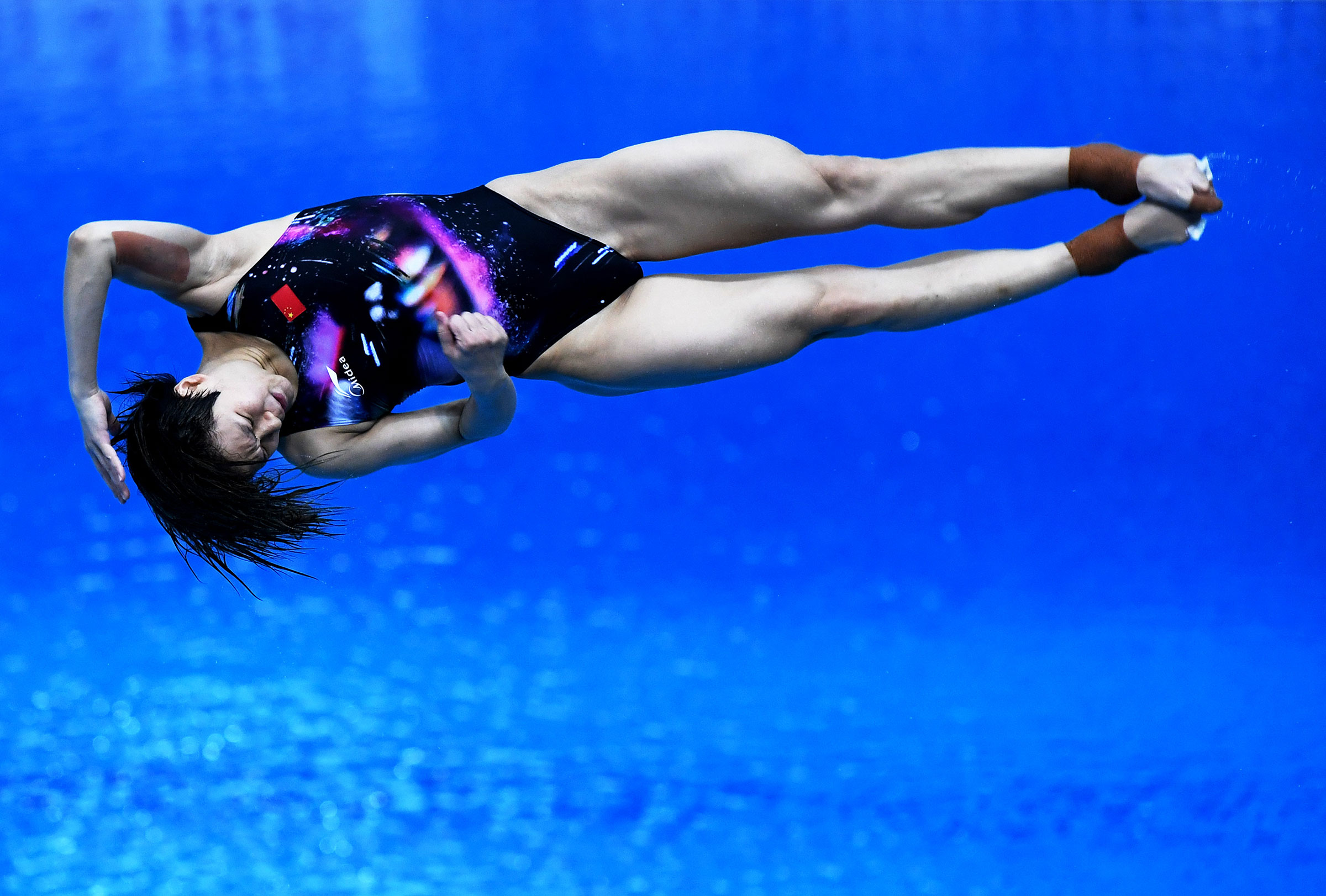
Shi Tingmao has won so often in springboard diving that Chinese state media has nicknamed her “the ever victorious general.” Indeed, she’s won all but five major international competitions in the event since 2015, including two gold medals at the 2016 Rio Games.
Teddy Riner
Judo, France
“Give Teddy Riner—One of Sport’s Most Dominant Athletes—the Global Olympic Stardom He Deserves,” screams a recent headline in Eurosport. Indeed, Riner has ruled judo in a way few athletes have in any sport.
Wilfredo León
Volleyball, Poland
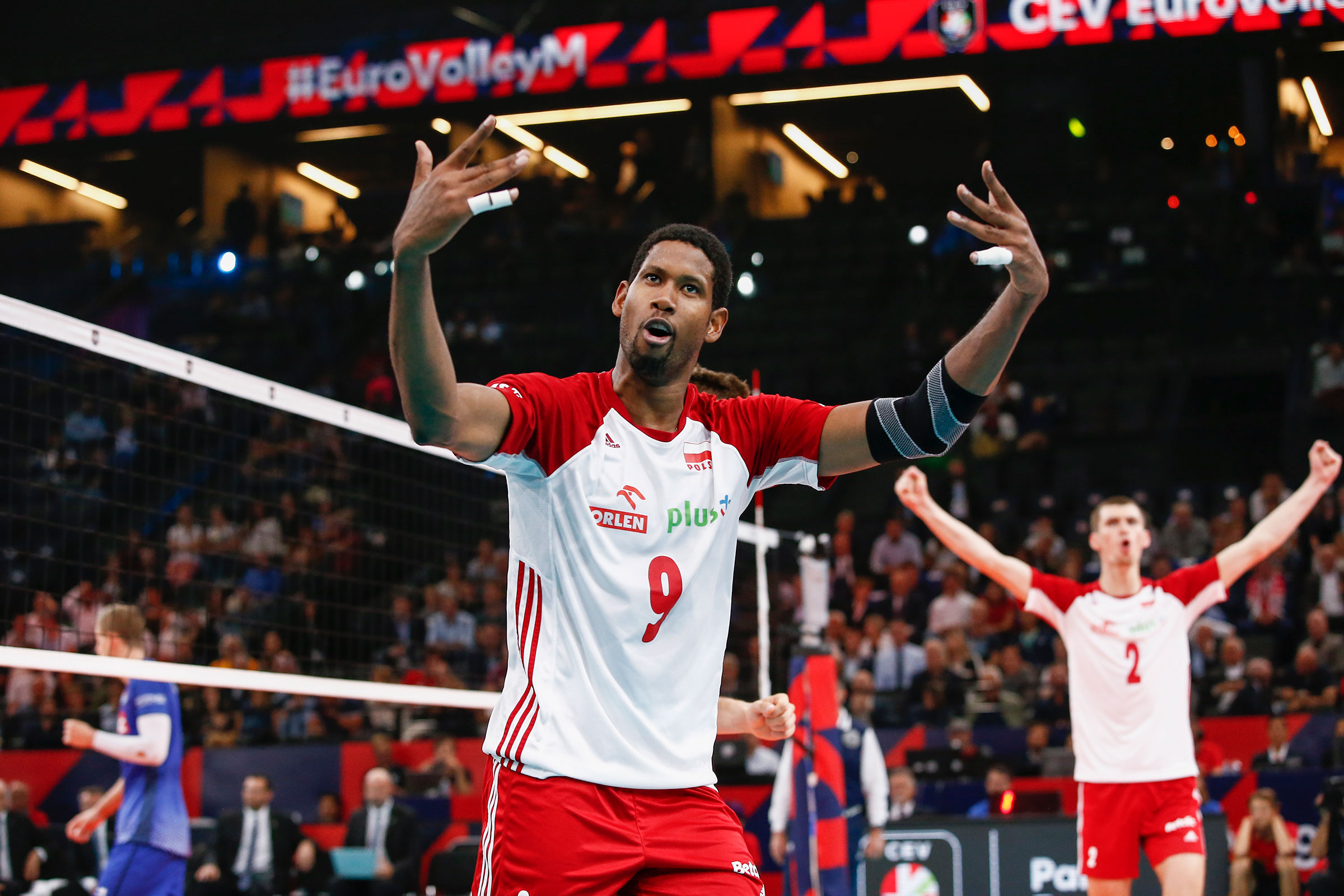
Poland was never a volleyball hotbed. But that was before Wilfredo León, the man known as the Cristiano Ronaldo of the sport, arrived in the country and single-handedly turned it into a contender.
Yukiko Ueno
Softball, Japan
After softball was dropped from the 2012 and 2016 Games, Japan insisted it return for Tokyo. Little wonder why, with a pitcher like Yukiko Ueno waiting in the wings. The veteran right-hander throwsone of the fastest pitches in the world—up to 80 m.p.h.—and has a history of big wins in the Olympics.
Laura Kenny
Track Cycling, Britain
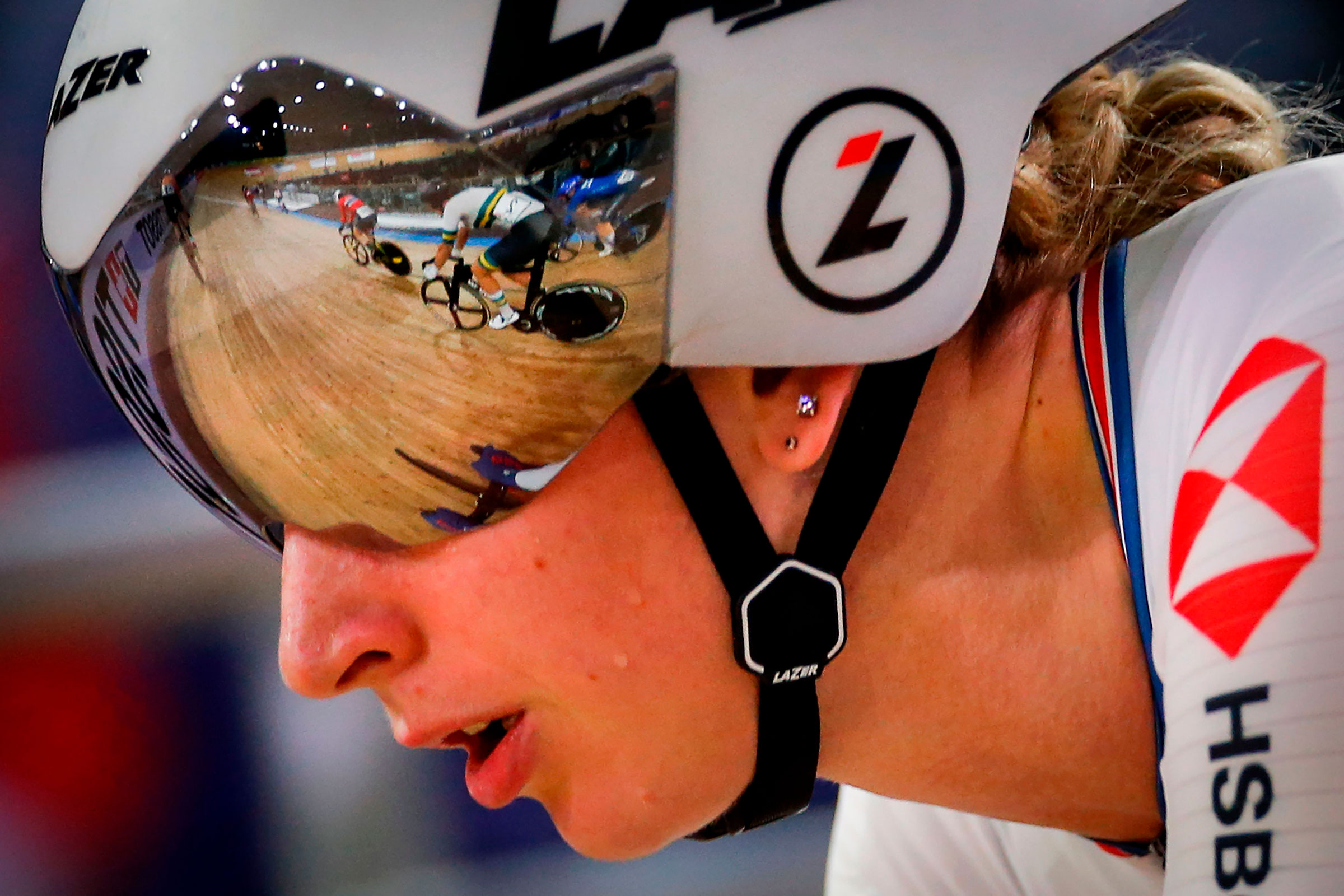
When a crash left her with a broken arm in February 2020, Laura Kenny was ready to give up track cycling entirely. But the postponement of the Tokyo Games proved a blessing in disguise. With an additional year to heal, Kenny is fully recovered and the favorite to dominate the indoor track cycling events.
Simone Manuel
Swimming, U.S.
When Simone Manuel glanced at her time in the 100-m freestyle semifinal at the Olympic trials on June 17, she wasn’t entirely surprised—even if much of the swimming world was. She finished ninth, missing the cut for the finals and ensuring that the reigning gold medalist in the 100-m freestyle wouldn’t be defending her Olympic title.
Manuel revealed after the disappointing swim that she was diagnosed with overtraining syndrome in March. “It was really hard to [swim] specific times that had come easier weeks or months before,” she tells TIME. “As I continued to compete and train hard, it got worse and worse.”
Liz Cambage
Basketball, Australia
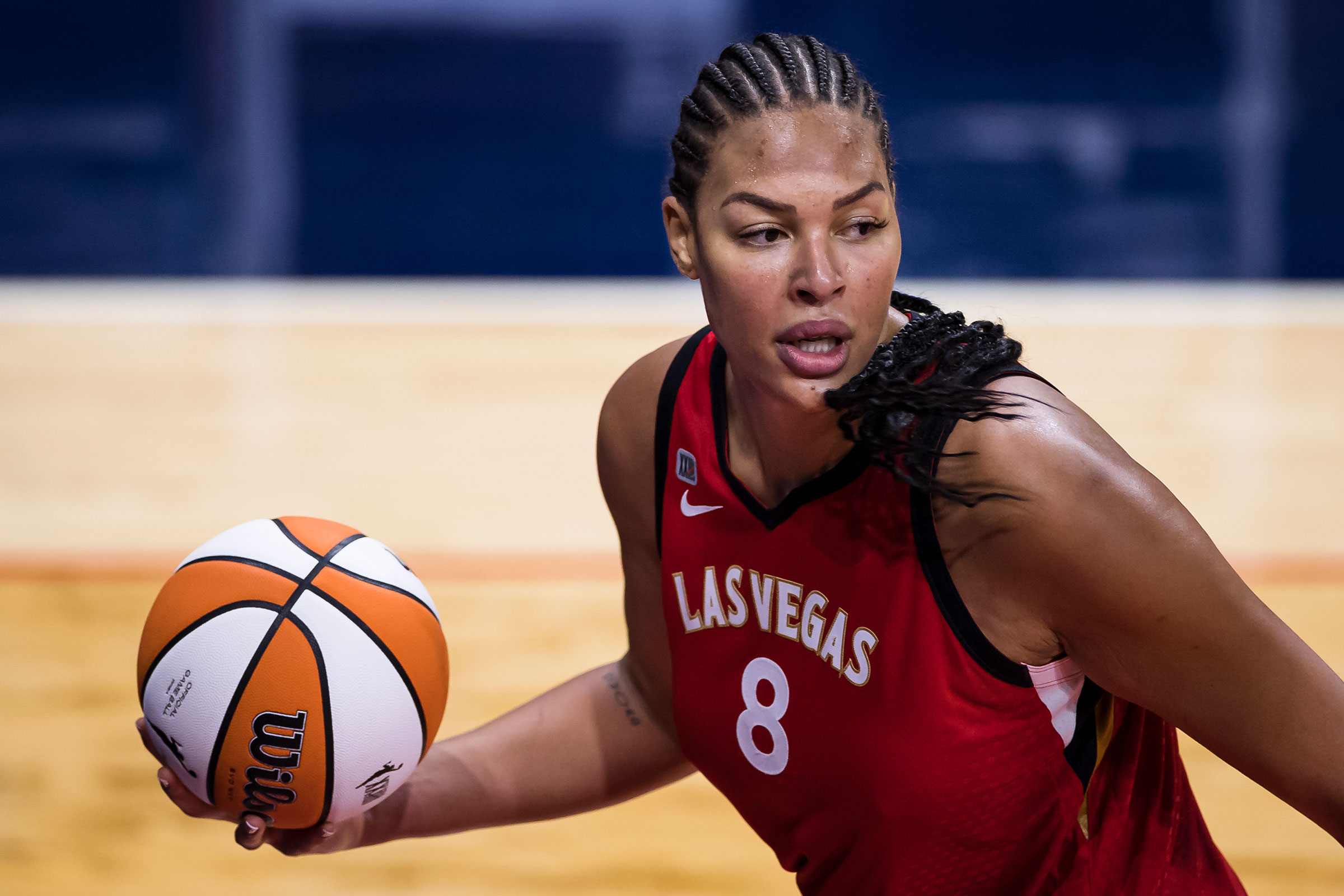
For a while, it looked like Australia’s women’s basketball team could be headed to the Olympics without one of its biggest stars. Liz Cambage announced on social media in May that she would sit out the Olympics over accusations that the Australian Olympic committee whitewashed marketing materials.
Sunisa Lee
Gymnastics, U.S.
No female gymnast has a more difficult uneven-bars routine, but you wouldn’t know it from the way Sunisa Lee swings through it. The calm, elegant flow of the 18-year-old from St. Paul, Minn., comes from an inner strength that makes the most dangerous skills look easy.
Dina Asher-Smith
Track and Field, Britain
The fastest British woman in history had a dramatic route to Tokyo after a clock malfunction at the national Olympic trials created confusion about the sprinter’s winning 100m time. While she hadn’t beaten her national record as she—and the crowd—initially thought, her 10.97-second sprint was enough to secure her place at the top of Team GB’s athletics squad.
Read more about the Tokyo Olympics:
More Must-Reads From TIME
- The 100 Most Influential People of 2024
- The Revolution of Yulia Navalnaya
- 6 Compliments That Land Every Time
- What's the Deal With the Bitcoin Halving?
- If You're Dating Right Now , You're Brave: Column
- The AI That Could Heal a Divided Internet
- Fallout Is a Brilliant Model for the Future of Video Game Adaptations
- Want Weekly Recs on What to Watch, Read, and More? Sign Up for Worth Your Time
Contact us at letters@time.com
